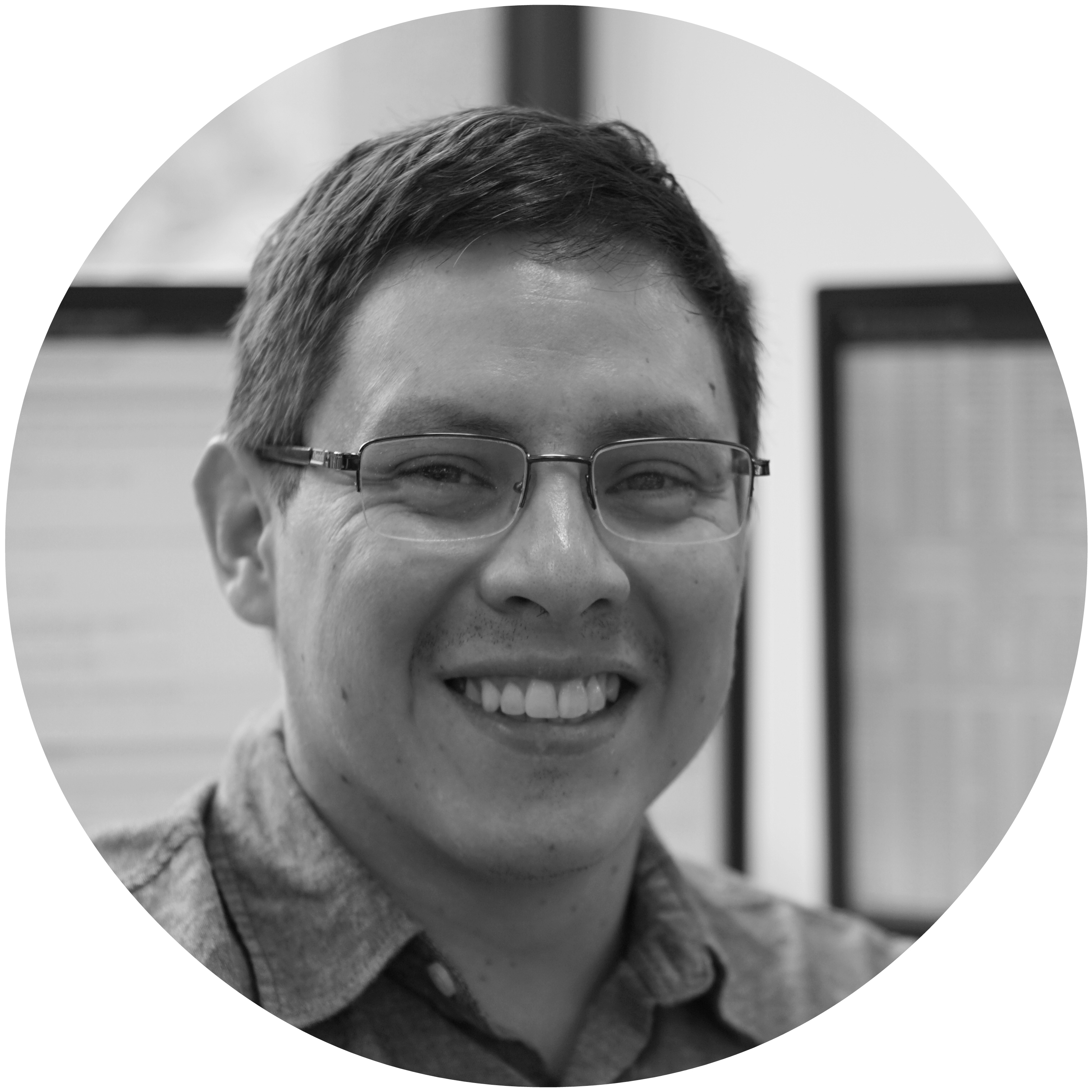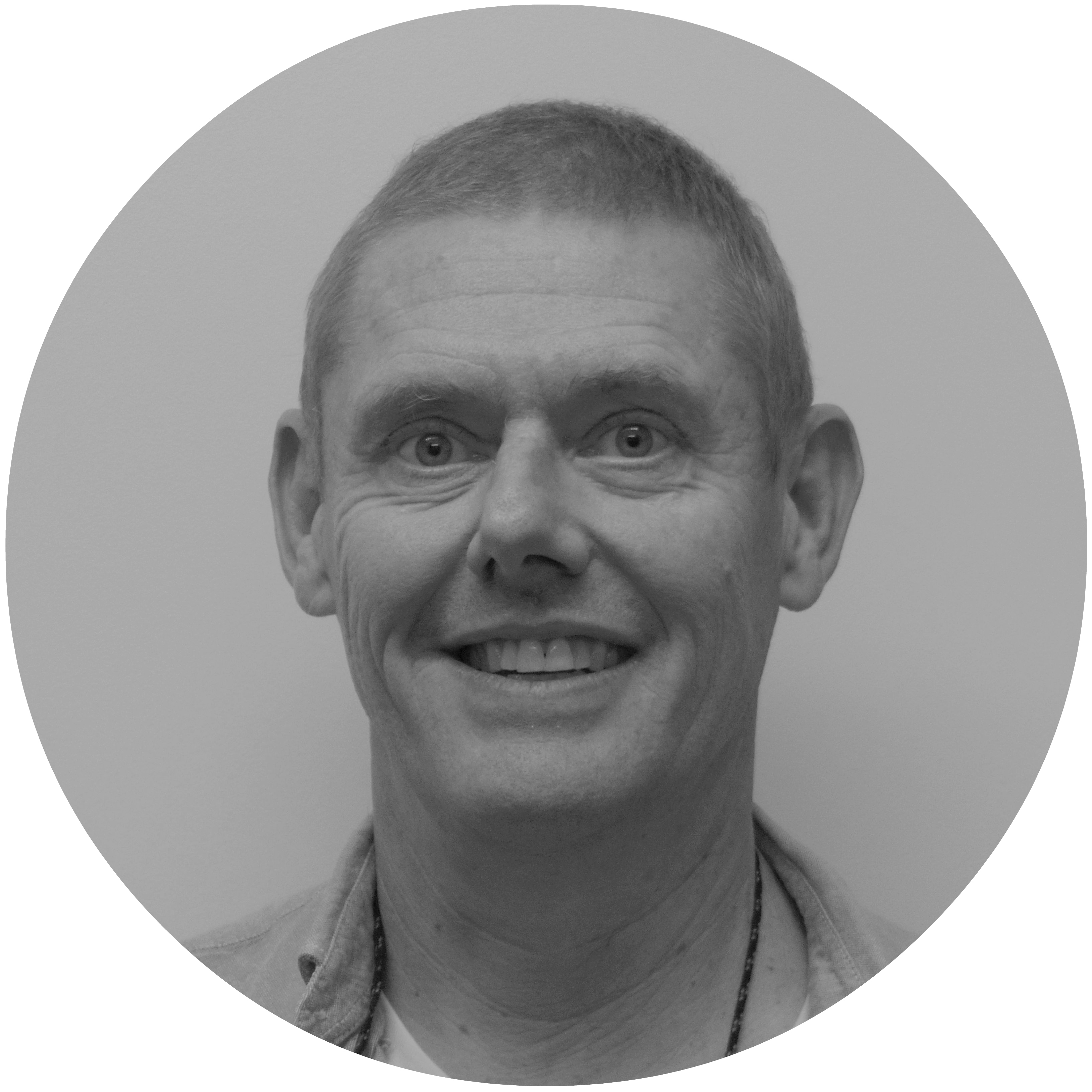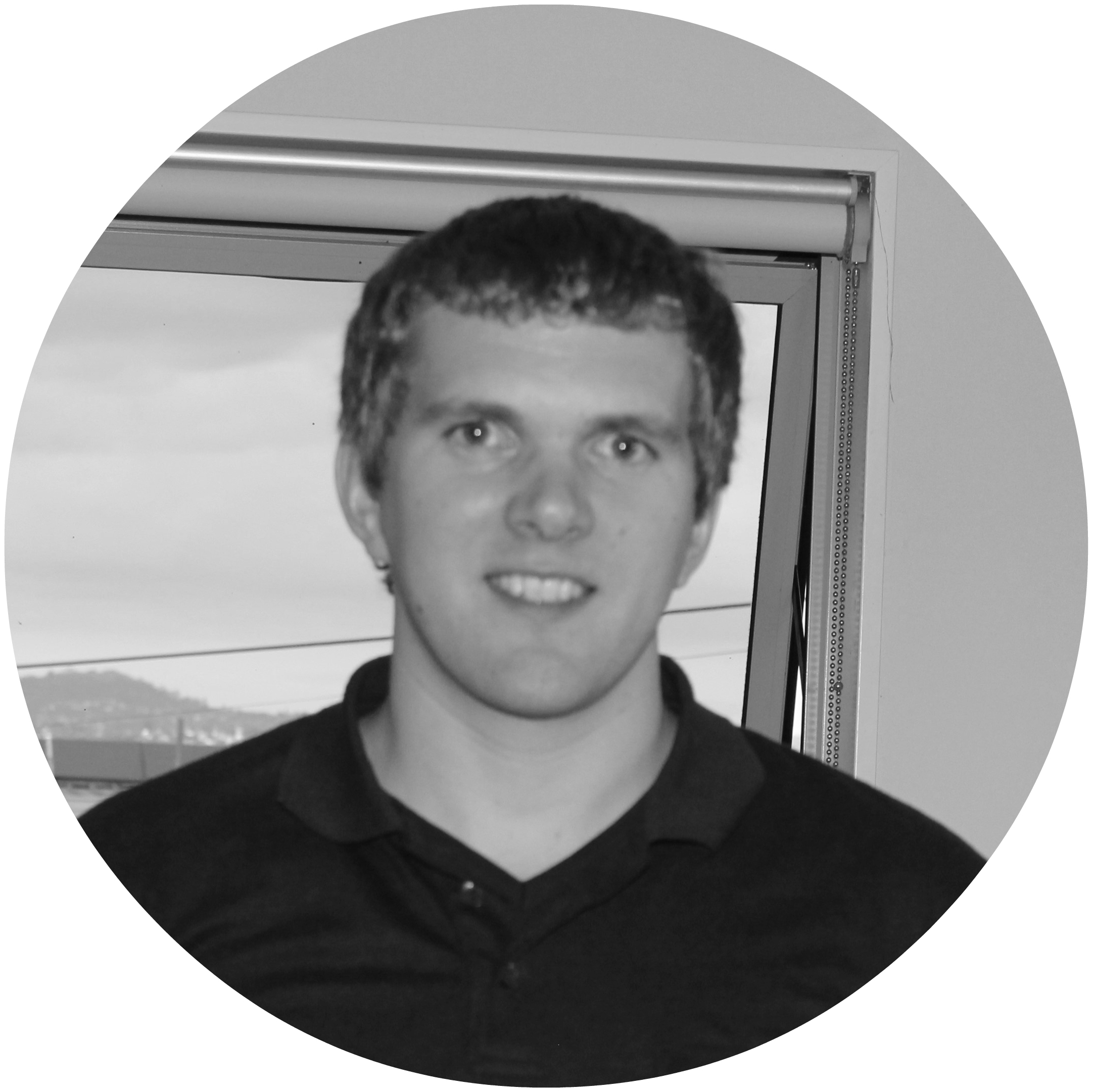Three new team members for NeSI
Here at NeSI we are pleased to welcome three new members – Daniel Lagrava, Alexander Pletzer and Chris Scott – to our national team.

Daniel Lagrava, who joined NeSI this month, is based at the University of Canterbury as an Application Support Specialist. He says: “My name is Daniel Lagrava, I come from Bolivia. I was lucky enough to perform the entirety of my studies at the University of Geneva in Switzerland. During my studies I had a lot of interesting experiences like an internship at CERN in 2006.
I started my PhD under the supervision of Prof. Bastien Chopard of the Scientific and Parallel Computing group in 2008. My thesis subject was grid refinement for the Lattice Boltzmann method. During this time, I was involved in HPC, as we were using a BlueGene/P machine to simulate blood flow inside giant aneurysms, as well as being a teaching assistant in Parallel Programming and Parallel Algorithms.
Once I finished my PhD, I joined my now wife in New Zealand, where I started working in an enterprise called SLI Systems for almost three years. Since then, I have done a lot of grown-up stuff, like getting married, buying a house and having a child.
I am very happy to join NeSI and I am looking forward to working with all of you.”

Alexander Pletzer joined the NeSI team based at NIWA (Wellington) in February as a Scientific Programmer to work on NeSI related problems. Alex previously worked for US research agencies (Princeton Plasma Physics Lab, Geophysical Fluid Dynamics Lab), the Pennsylvania University and a private company (Tech-X Corporation).
Alex's role is to help scientists solve challenging problems by making the best use of available supercomputing power, whether this involves designing or implementing new algorithms, improving the execution speed of existing code or porting software to new architectures. His interests span applying discretisation methods to solve partial differential equations, conservative interpolation methods for staggered fields, object-oriented programming and visualisation.
In his free time, Alex enjoys hiking with his wife, windsurfing and skiing with his teenage kids.

Chris Scott is a new NeSI Scientific Programmer based at the University of Auckland. Chris completed his PhD in Computational Physics at Loughborough in 2012 and subsequently worked as a Research Associate for four years. He used atomistic materials modelling techniques to investigate effects such as radiation damage in nuclear materials and the growth or erosion of surfaces, with particular interest in developing software and advanced techniques for performing atomistic simulations over longer time scales and for analysing and visualising the results of the simulations.
Chris has just moved to New Zealand from the UK with his partner. They both like the outdoors and training for triathlons and are looking forward to life in New Zealand.





